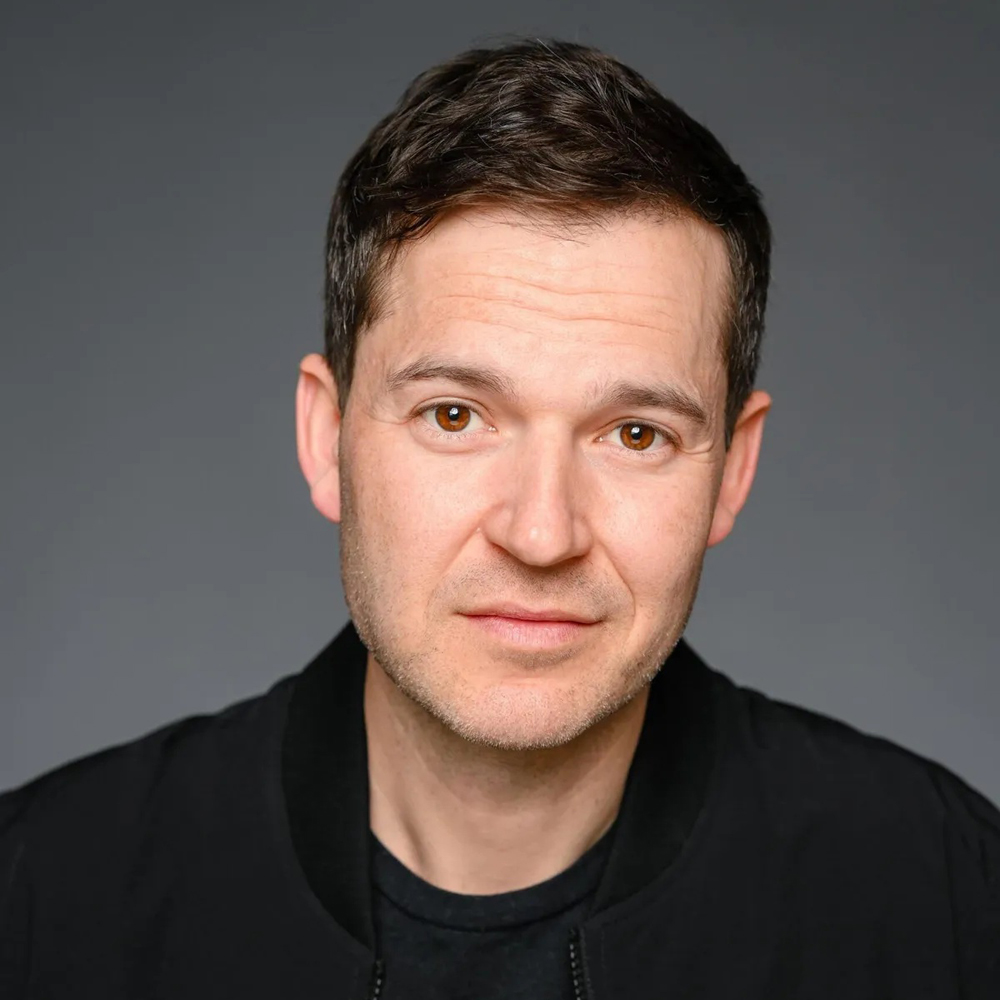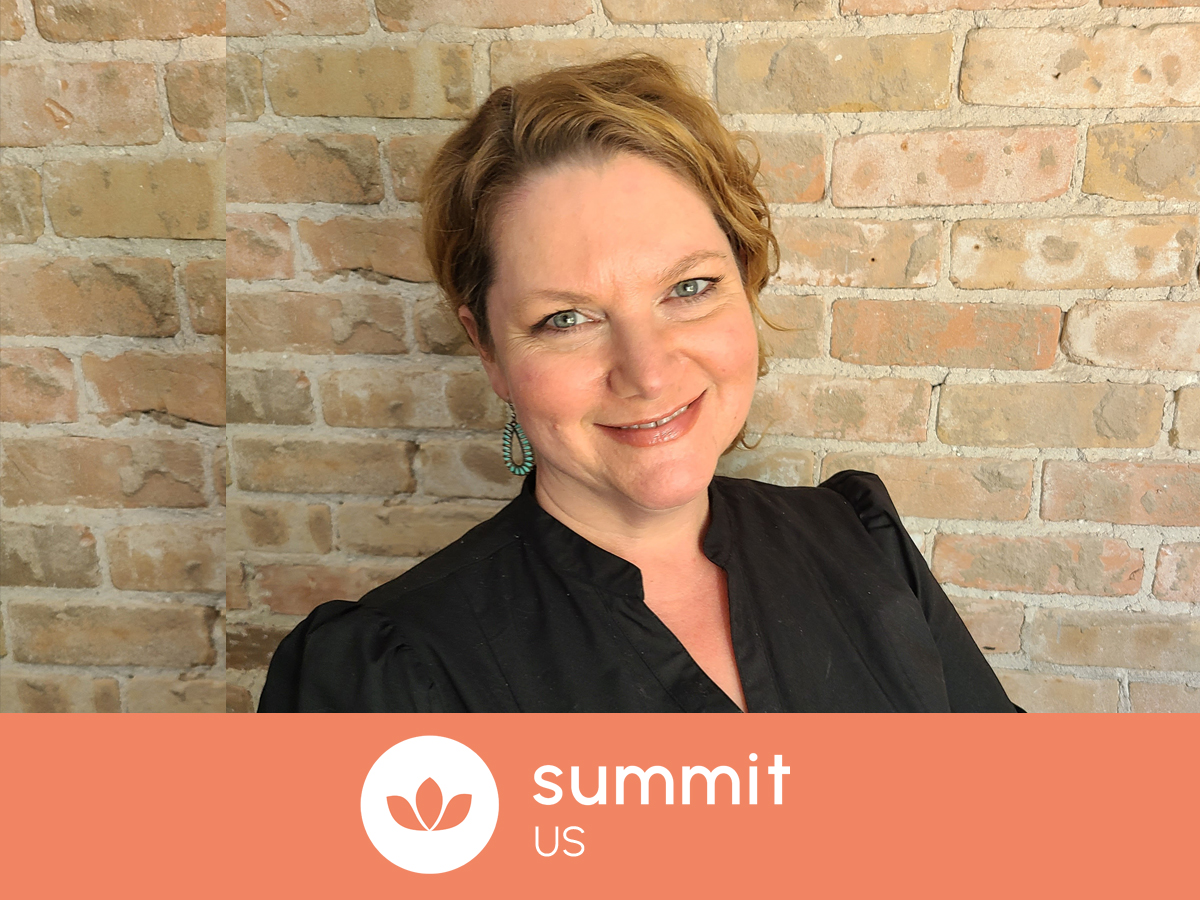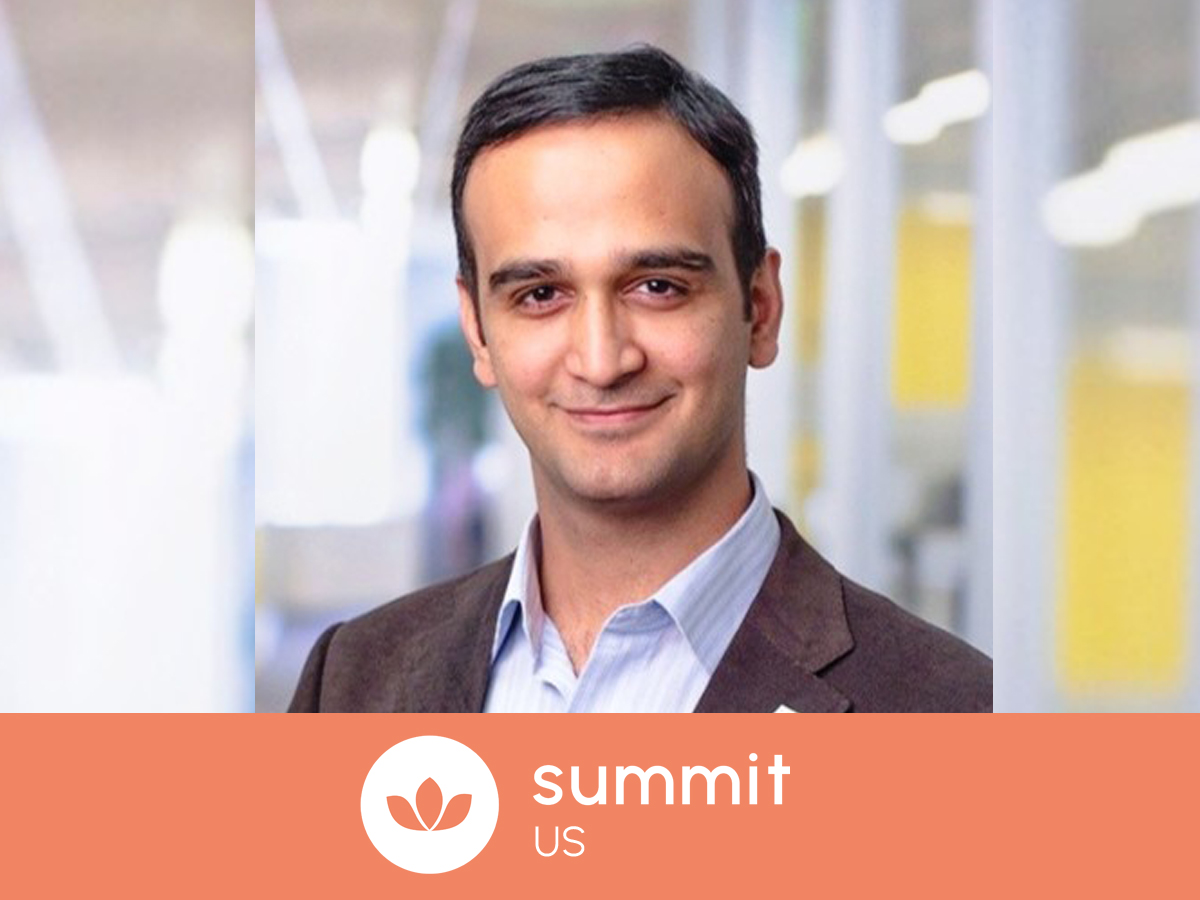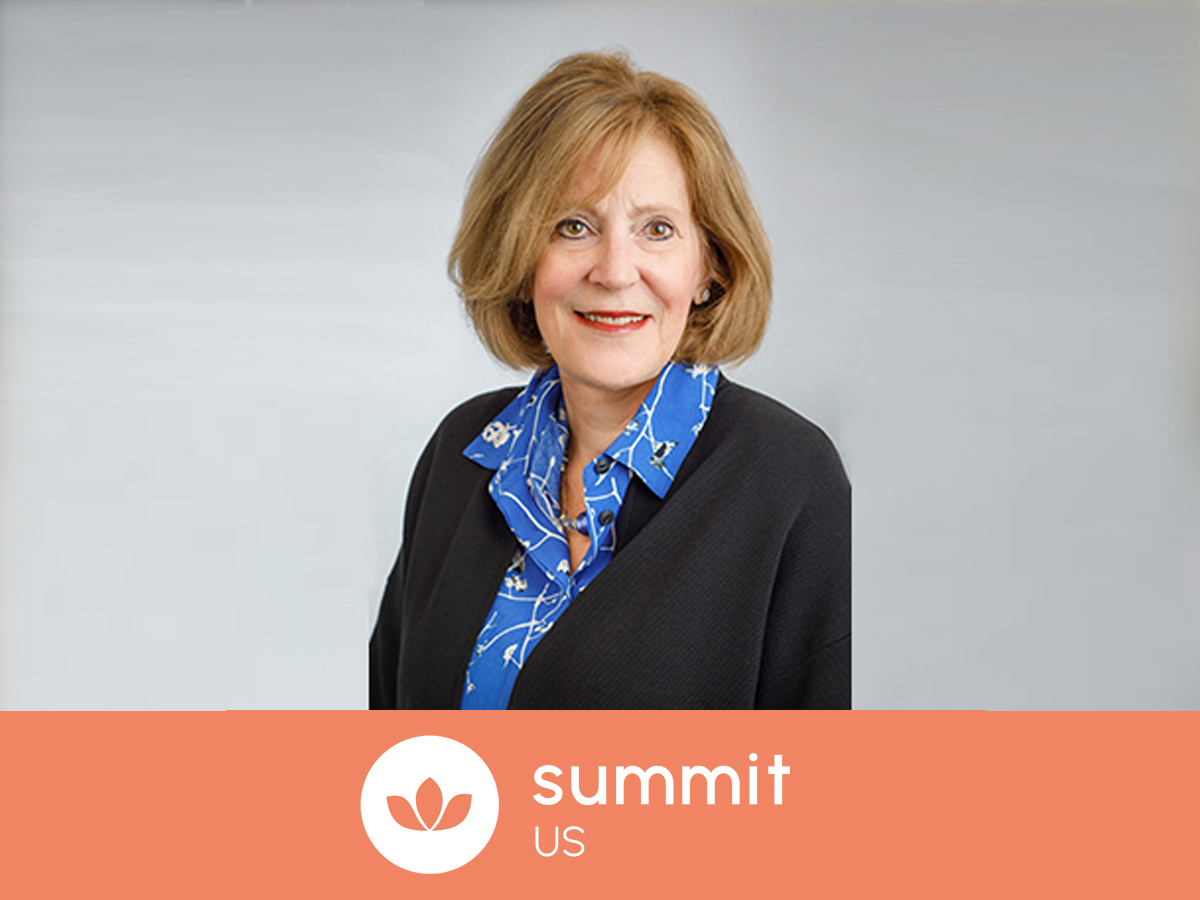
Nathan Peterson is a national speaker, author, and singer-songwriter whose work explores the connections between breath, presence, and wellbeing.
Following a personal journey through voice-loss and the life and passing of his daughter, Nathan developed an approach to healing and connection that has resonated with audiences nationwide. He combines somatic awareness, practical wisdom, and music to help leaders, artists, and communities reconnect with themselves and each other.
Nathan has presented for healthcare organizations including OSF Saint Francis Hospital and Advocate Children’s Hospital, as well as grief support communities like TAPS and The Compassionate Friends. His published works include “So Am I: 14 Months of Life, Living, and Letting Go” and “Dance Again: Grief is Healing,” with music that has garnered millions of streams worldwide.
Drawing from his extensive background in Alexander Technique, Fitzmaurice Technique, and various breath and voice practices, Nathan offers a rare blend of artistic sensitivity and life wisdom. His work embodies a conviction that as leaders we must first experience the support we hope to offer others.
Born in Chicago and raised in Germany, Colorado, and Illinois, Nathan now resides in Chicago with his wife and five children.
https://nathanpeterson.net
We are delighted that Nathan will be speaking in Chicago as part of our US Summit Midwest. We caught up with him to see how he’s feeling in the runup to the event.
Hi Nathan, we are thrilled that you will be speaking at the Wellbeing at Work US Summit Mid-West in May. Our first and most important question is, how are you doing today?
I’m great! Just picked up the kids from school and am enjoying a lively home on this sunny Friday afternoon. 🙂
As a leader based in the region, what are the main challenges you are facing when it comes to employee wellbeing and mental health?
Courage. Wellbeing and mental health require courageous steps.
My journey involved being completely deconstructed and reconstructed through a traumatic life-experience which included the loss of one of my children. I wouldn’t wish that kind of upheaval or pain on anyone, but I wouldn’t trade that experience for anything. It reconnected me to myself, to my family, and to real life. Prior to that experience, I was lost. My mental health was suffering. I couldn’t stop working. I couldn’t make the space I knew I needed in order to be present in my life.
That space was always available. I just had to stop running. But I didn’t have the courage. Our situation forced me to stop. I eventually chose to be present because it was the only way to not miss my daughter’s short life. But that choice had always been available to me. It is for all of us.
We feel lost and ungrounded because we’re moving so fast — never giving ourselves a chance to register that the ground beneath us is solid. That it can easily support us. That we can rest.
But if we lack the courage to test this, we just keep running toward the things we think will give us a sense of support. Those things never do. The longer we run like this, the harder it is to stop.
The world around us seems to be set up to monetize this. We have a lot of voices telling us to keep running, but very little encouragement when it comes to finding the courage to rest.
That’s the main challenge I see right now.
What strategies have you seen developing over the past 6 months, both internally and externally, that are moving the dial on wellbeing in the workplace?
Turning off screens, walking around in the real world, doing things that involve our senses, not only our thoughts. There’s something about tangible things that reminds us of what we really are, and what we’re really made of. It can be as simple as a walk outdoors, or a face-to-face conversation with another person.
Why is leadership so important to you personally?
Leaders go first. It doesn’t matter what they say. If a leader talks about wellbeing, nothing happens. But when a leader does the work of becoming well themselves, the world around them becomes well.
What impact is AI having in your organization and how are you managing that?
For starters, I’m having AI write all of these answers for me. 🙂 Just kidding…
From an artist’s perspective, AI is flooding the internet with content. Compelling content! This flood has been happening since Napster, but AI has exponentially increased the volume and rate. It was already hard, but it will soon be impossible to be heard above the noise. I believe this is actually headed in a positive direction, but it’s challenging on a practical level at the moment.
AI is an incredibly helpful tool. It has the capacity to take the busywork off of our plate and free us up to hone in on our unique voice — to create more. I believe that is why we created it — to free us up to find and embody our true voice in the world. But we’ve got to learn to leverage AI intentionally.
Right now, a major challenge we face is differentiating between creating and regurgitating. We’ve been unclear on that distinction since before AI. This season will force us to learn the difference.
Personally, as AI has progressed, I’ve felt compelled to put more emphasis on local human connection. The value of live gatherings, I believe, will rise as the perceived value of digital content drops. I’ve been hosting music gatherings in my home and prioritizing in-person concerts and events. It’s been an incredibly rich experience and a good reminder of the value of investing in tangible things.
What areas do you think employers should be focused on over the next 12 months?
Differentiating between human work and AI work. Embracing the time and space AI frees and leveraging it to give employees a chance to explore and offer their unique voice to the organization.
Providing tools, resources, coaches, and experiences which help employees learn to regulate their thought-life and nervous system, to breathe freely, and to deepen their sense of support and stability.
When people feel safe, their natural response is to play. To be creative. This needed now more than ever in our world. It is the work of human beings, and our organizations, to create.
How are you helping to lead the way?
I’ve begun leading workshops, speaking at events, writing books and music, and creating courses based on what I’ve learned over the past 10 years. These are tools that have really helped me, and seem to be helping others as well. They’re based on shifting our awareness from our thoughts to our tangible experience — our breath, our senses, the people around us — not judging them, but noticing them, and appreciating how in this very moment we are safe and supported. When we do this, our whole body responds. This has been where I’ve seen the most positive movement in wellbeing lately.
But the most important thing I’m doing is my own daily practice. For over 10 years I’ve spent every morning exploring and deepening my sense of wellbeing. Leaders go first.
Nathan will be speaking in Chicago at the Wellbeing at Work Summit US Mid-West which takes place on May 1 2025. Further details on the Summit can be found here.



